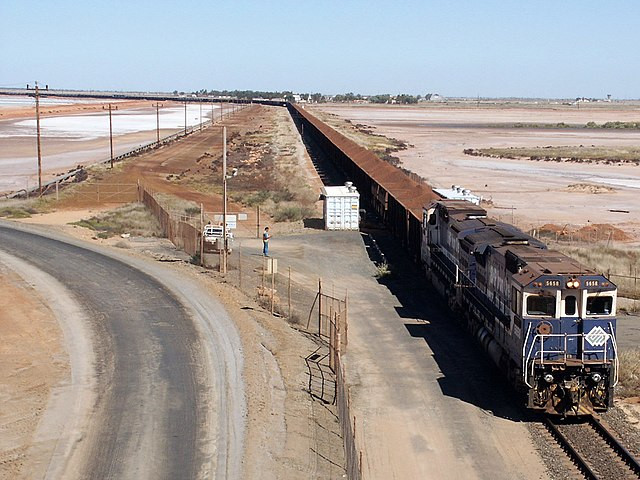Anglo American has rejected BHP Group's last-minute request to extend takeover talks, potentially ending a five-week pursuit by the mining giant. The British miner cited fundamental concerns regarding the execution risks of the proposed $49 billion deal, underscoring the complexity of the offer and its implications.
On Wednesday, Anglo American announced that BHP's latest bid failed to address the board's concerns adequately, prompting the decision to reject an extension beyond the current deadline. BHP had sought additional time, arguing that more engagement was necessary to resolve outstanding issues. However, Anglo's board concluded there was "no basis for a further extension."
The takeover bid, valued at £38.6 billion ($49.2 billion), aimed to create a dominant player in the copper mining sector, capitalizing on the metal's crucial role in the green energy transition. Despite this strategic vision, Anglo American has repeatedly expressed concerns over the valuation and the structural demands of the deal, particularly the requirement to de-merge its South African platinum and iron ore units.
In a statement, Anglo American emphasized that BHP's commitments to socioeconomic measures, including investments in South Africa and employment guarantees, were insufficient to mitigate the perceived risks. "BHP continues to restate its belief that the risks of its complex structure are not material, yet has repeatedly and consistently stated both publicly and during the engagements that it is unwilling to amend its proposed structure to assume these risks," the statement read.
The rejection comes after BHP outlined several commitments designed to minimize regulatory risks in South Africa, including job security measures and taking on costs associated with increased South African employee ownership. Nonetheless, Anglo's board remained unconvinced, viewing these measures as inadequate.
Market reactions to the news were mixed. Shares of Anglo American initially fell 2.2% at market open but later pared losses to trade down 1.3%. In contrast, BHP's stock saw a 1.9% increase.
The proposed merger faced significant hurdles from the start, with Anglo American highlighting substantial uncertainty and execution risks tied to the de-merger demands. The socioeconomic provisions, while notable, did not sufficiently address the core issues for Anglo's board.
John Meyer, partner and mining analyst at SP Angel, commented on the situation, noting the high stakes involved. "It's a 50-50 right now in my view. The pressure is on Anglo American to accept an offer. At that point, I think, BHP would then formalize the offer," Meyer told CNBC's "Street Signs."
Despite the potential benefits of the merger, such as strengthening BHP's position in the copper market, Anglo American remains firm in its stance. The British miner has plans to divest less profitable assets and focus on expanding its copper output independently. This strategy highlights Anglo's confidence in its standalone prospects, particularly its prized copper assets in Chile and Peru, which are seen as pivotal to the global shift towards cleaner energy.
BHP's ambition to acquire Anglo is driven by the anticipated rise in copper demand, which is essential for electric vehicles, power grids, and broader industrial applications. However, the complexity of the deal and the associated risks have proven to be significant barriers.
Analysts have weighed in on the matter, with some expressing skepticism about the feasibility of BHP's proposal. "I'm not surprised it was rejected really by Anglo ... because there wasn't really a lot in the statement from BHP ... it didn't seem that compelling," said George Cheveley, portfolio manager at Ninety-One, which holds about a 2% stake in Anglo.
As the deadline approaches, it appears increasingly unlikely that BHP will submit a formal bid by the stipulated time. This impasse underscores the challenges inherent in large-scale mergers and acquisitions within the mining sector, where regulatory, socioeconomic, and operational complexities often collide.






